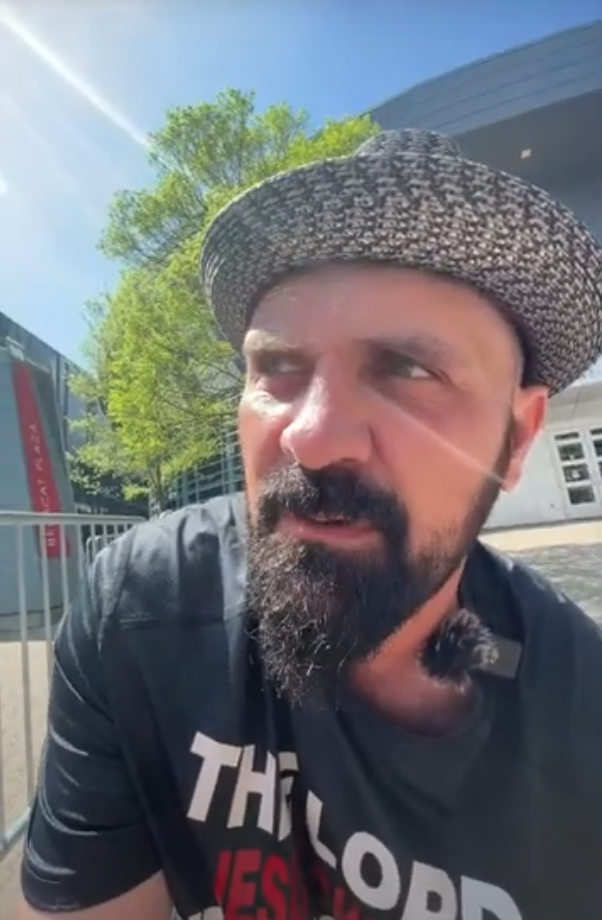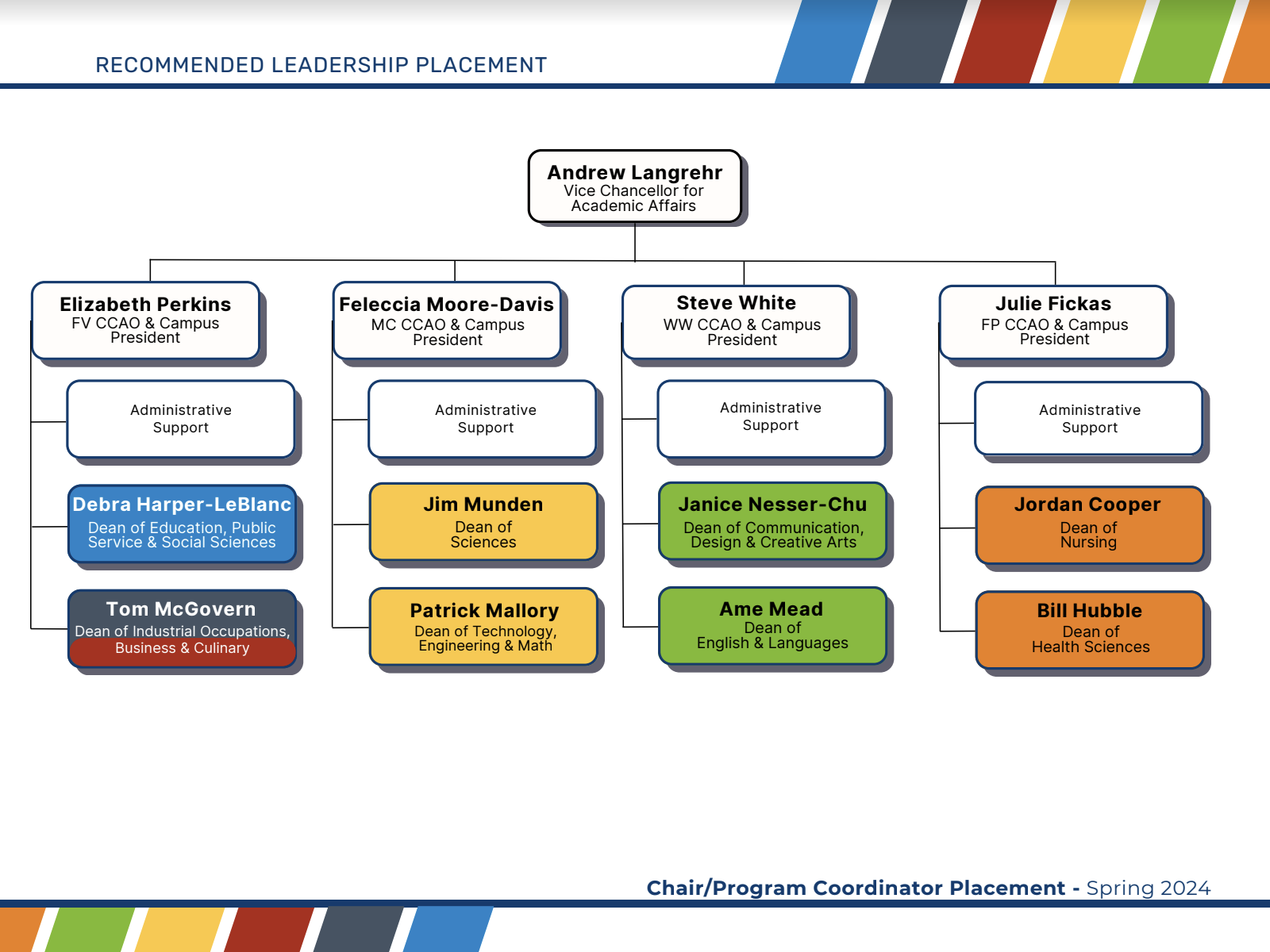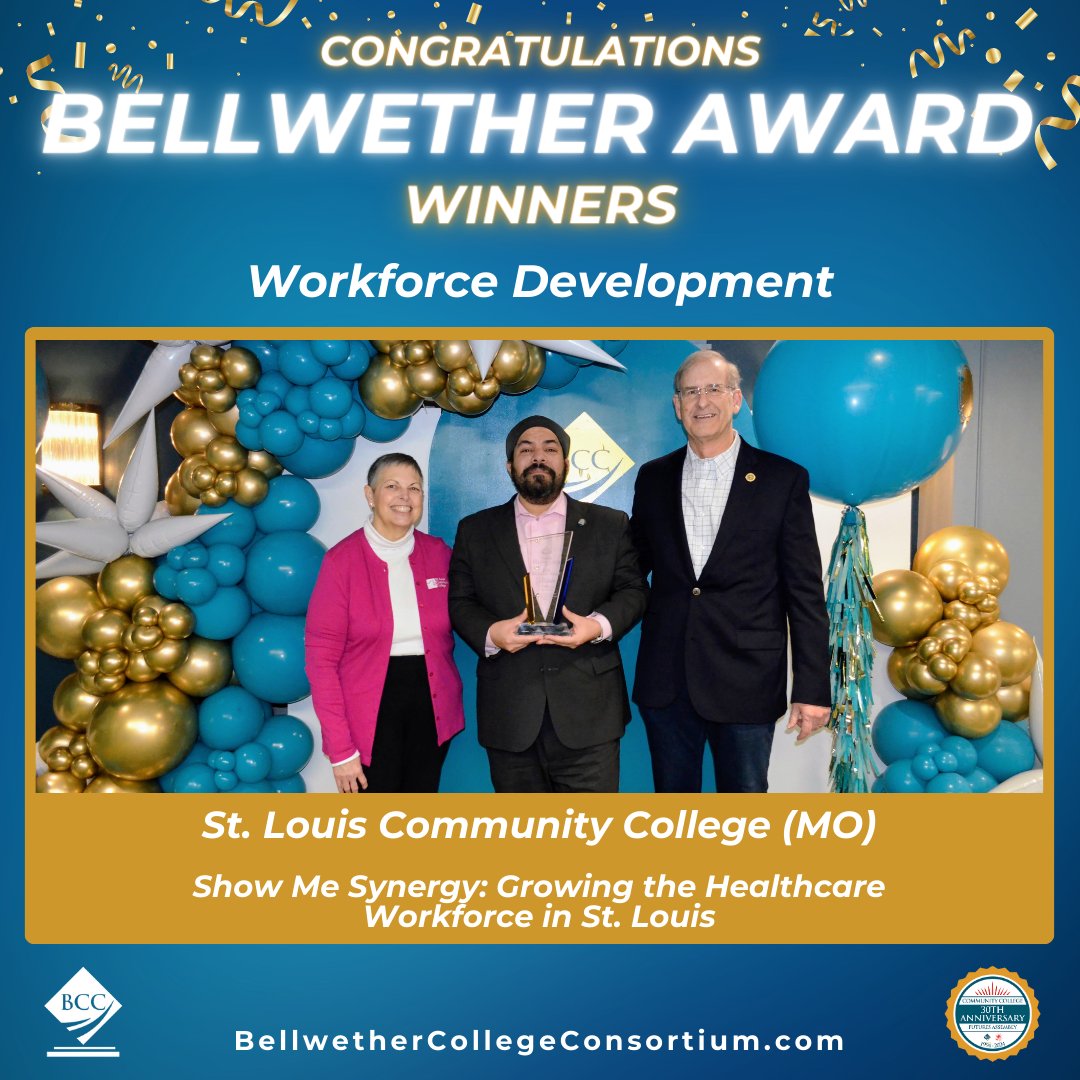Two Meramec professors developing program to provide a LGBTQ+ inclusive environment.
BY: JACOB POLITTE
Online Editor

At the end of March, Vice Chancellor Andrew Langrehr announced in an email to all STLCC employees that a sustainable Safe Zone Program is being developed for STLCC campuses. The program will be formally unveiled by the college in the fall 2021 semester.
The purpose of the program, according to Langrehr, is “to provide an LGBTQ+ inclusive environment at our college.”
Previous Safe Zone ally sessions have been held in the past by Professors Jeffery Schneider and Denise Sperruzza. They have facilitated sessions at various locations including the Meramec campus, the South County campus and the Wildwood campus. They have also facilitated sessions at college events like the New Faculty Orientation, All College Day and more. Both Sperruzza and Schneider are in the process of developing STLCC’s Safe Zone program ahead of the fall semester.
Sperruzza, a professor of communications on the Meramec campus, describes the program as a way to create a safe space at STLCC for LGBTQ+ community members. She says that having STLCC be a safe space for the LGBTQ+ community is a personal priority for both her and Professor Schneider.
“We saw a need for education and awareness that was not currently being met by the college,” Sperruzza said. “This is why we joined together to begin facilitating Safe Zone Ally training sessions for the college as volunteers.”
Sperruzza said it took some time for STLCC to adopt the program.
“At least four years ago, we submitted a proposal offering to create a sustainable Safe Zone Program that would consist of Ally Training and much more. After four years of our persistence, we have finally been given permission to develop the program.”
A key component of the development of this program includes training facilitators of the program throughout each campus. Sperruzza revealed that about 30 STLCC employees have participated in “Train the Trainer” sessions on both April 23 and 30 in order to become certified Safe Zone Ally Training Session trainers. Sperruzza made sure to note that the only STLCC employee or student who should facilitate a training session is someone who has been certified to do so.
As for what the sessions consist of, Sperruzza offered some details.
“Ally Sessions that we have facilitated [in past years] have run from two to four hours in length,” she said. “The sessions are interaction, thought-provoking, and highly meaningful. When offered in the past, they were advertised in various ways depending on the invitation source and audience. We have offered sessions with homogenous participant groups of students, faculty, specific STLCC departments, and open to STLCC faculty and staff in a mixed group.”
Sperruzza says that these Ally Training sessions are just one part of the program that she and Schneider are in the process of creating, a program that Sperruzza calls “comprehensive and sustainable.” Other parts of the program that will become more prevalent in the future include additional training, a council, a resource repository and more.
As the program is still in development, Sperruzza said that more specific information about the program will be available in the fall.











